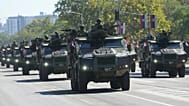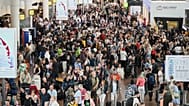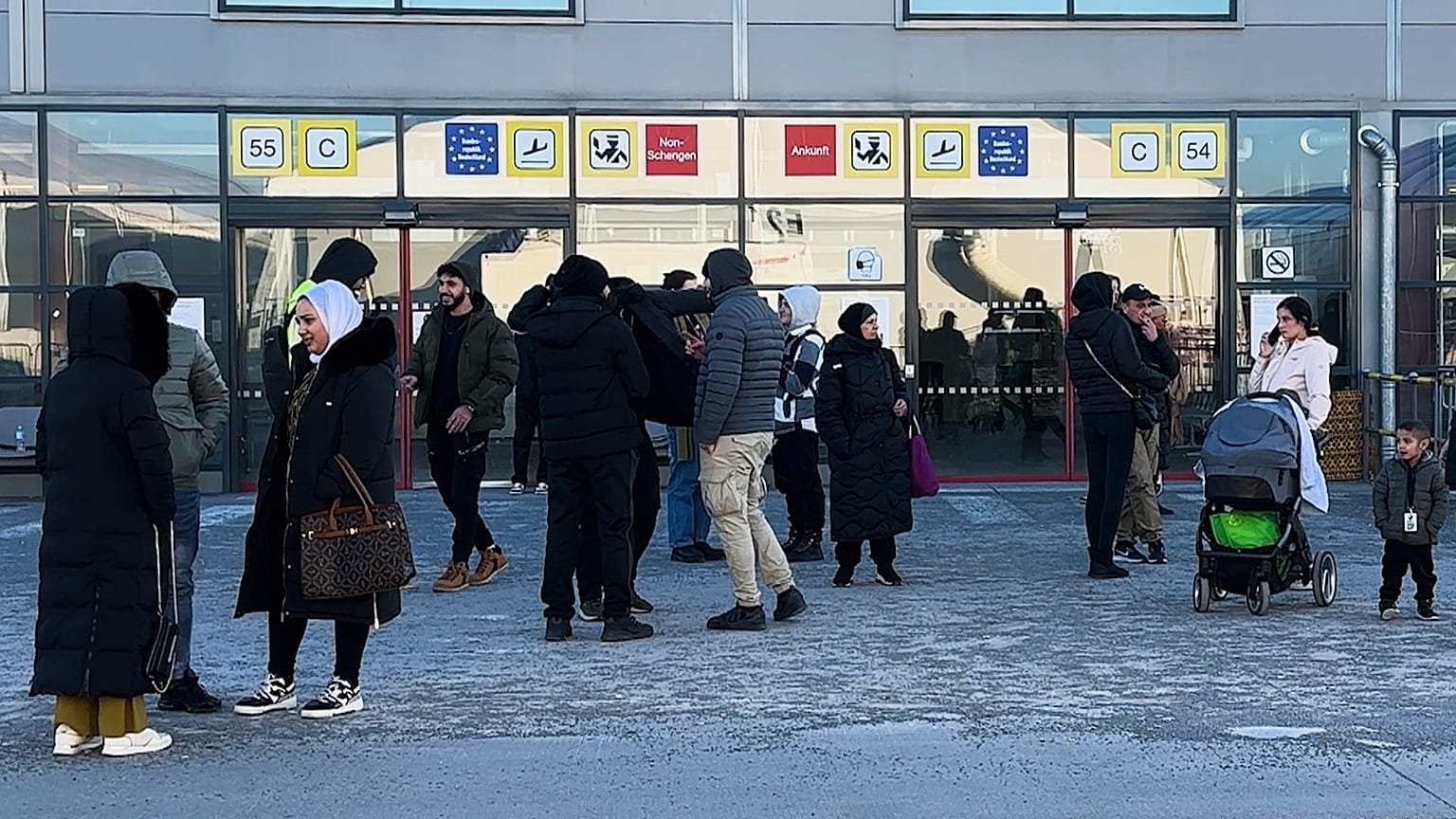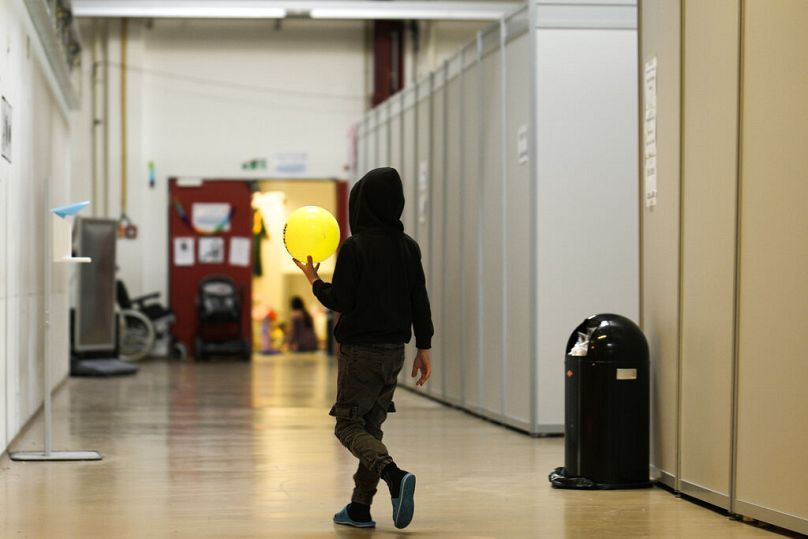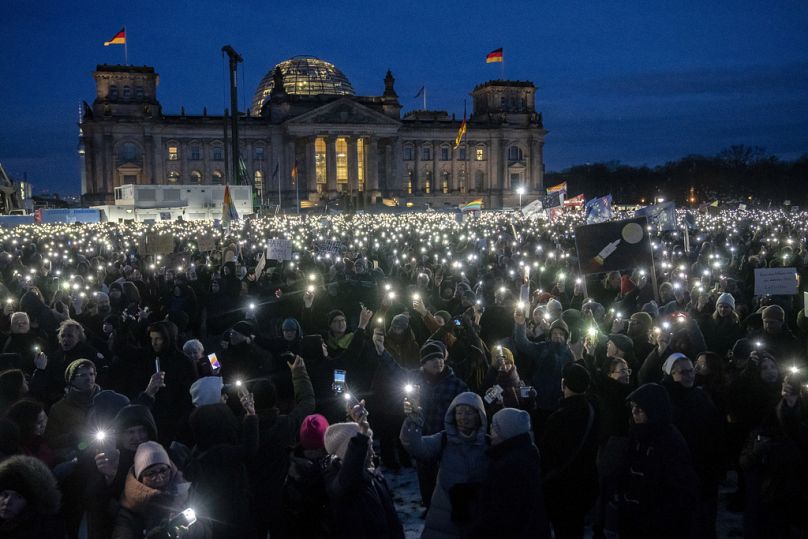Germany has taken a sharp turn in its migration policy compared to the 'welcoming measures' associated with the 'Merkel era'. Euronews reporter Monica Pinna went to Berlin to discover what has changed and why.
For many, Germany is the land of immigration. More than three million refugees and asylum seekers live there, which is more than in any other European country.
Some migrants are attracted by the high demand for skilled workers and Germany's generous benefits. But last year, asylum applications increased by more than 50 per cent. The migrant reception system went into crisis mode. The far right, amid growing consensus, accused the government of failing to get to grips with the increase in arrivals.
As a consequence, German Chancellor Olaf Scholz made a historic turn and tightened immigration measures.
Tegel-Berlin, once the capital's primary international airport, was permanently shut down in 2020. The authorities turned it into a refugee centre in 2022 when thousands of Ukrainians, fleeing Russia's full-scale invasion, started arriving every day.
Tegel has become Germany's largest refugee camp. Around 5,000 refugees and asylum seekers currently live there. It expanded several times to meet growing demands and can now host up to 7,000 people. However, the facility has reached capacity and authorities say they will no longer consider further expansion.
Almost 300,000 people applied for asylum in Germany in 2023, the highest number since 2015, when Germany received more than one million refugees. The vast majority were from Syria as well as Turkey and Afghanistan.
The continuing stream of arrivals has prompted the government to find other means of accommodation such as hotels, but Euronews was not allowed to film at these sites.
With reception centres in crisis mode, integration is becoming a challenge which is fuelling the anti-immigration rhetoric across the country. Last year the far-right Alternative for Germany (AfD) party made historic gains in the local elections.
Border checks with Poland, Switzerland and the Czech Republic are already in place. Benefits for asylum seekers are expected to be cut while discouraging new arrivals is the new policy line.
“With these really large numbers and also this whole feeling, that many people in the electorate have, that they are losing control, the discourse got much more agitated” explained David Kipp, a migration expert for the German Institute for International and Security Affairs, SWP.
Despite growing opposition to immigration, more than one million people took to the streets of Germany in January and protested against the far right.
The demonstrations followed revelations of an alleged plot between members of AfD and neo-Nazis to deport millions of immigrants, including some with German citizenship. The demonstrations impacted January's local elections and AfD suffered a narrow defeat to the opposition conservative party.
However, the parties in Scholz's traffic-light coalition are still trailing far behind AfD in the polls.
For more on Monica's report, click on the video in the media player above.

